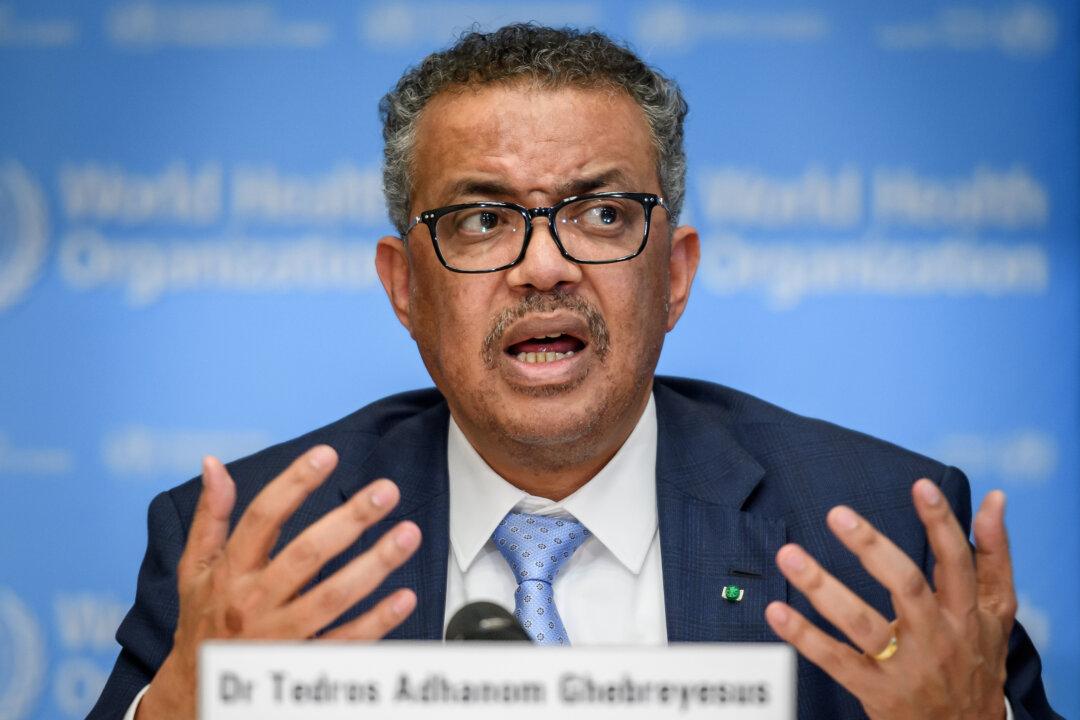The World Health Organization (WHO) is urging countries to hold off on giving COVID-19 booster shots through September so poorer nations can provide citizens with their first dose of the vaccine.
WHO Director-General Tedros Adhanom Ghebreyesus told reporters that some low-income countries, including many in Africa, have less than 2 percent of their adult populations fully vaccinated.




